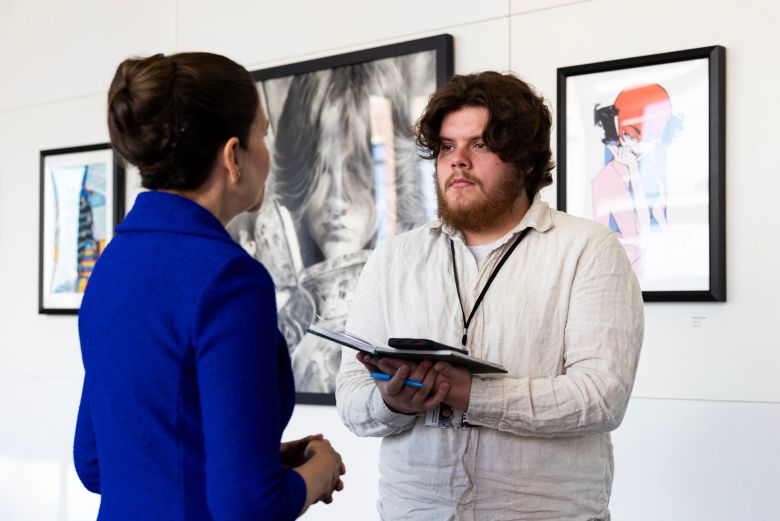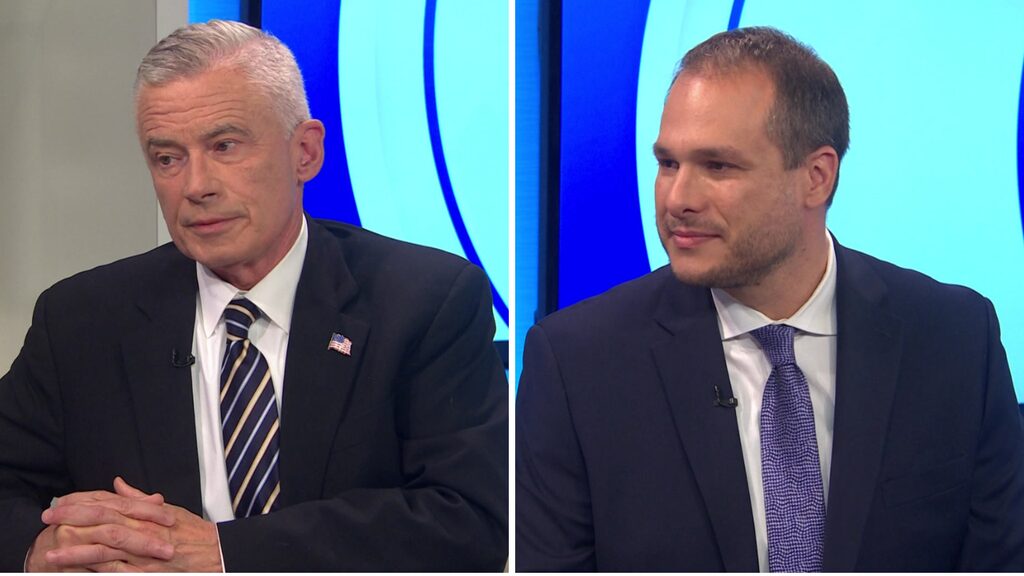Ohio lawmakers are currently examining a proposed bill that would require public schools to show a video about fetal development to students beginning in third grade. The initiative, known as the Baby Olivia Act, is introduced by State Representative Melanie Miller and aims to provide educational resources related to human development.
The three-minute video, titled “Meet Baby Olivia,” is produced by the anti-abortion group Live Action. The video depicts fertilization and fetal growth, but it has drawn criticism for its portrayal of scientific facts. Advocates for abortion rights argue that the content is misleading and not representative of medical consensus.
The Ohio House Education Committee recently held a meeting where eleven individuals submitted supportive testimony, and five testified in person. Among them was Dr. Bill Lile, a board-certified obstetrician-gynecologist, who asserted that the video presents “clear, scientific, and visually compelling evidence of fetal development.” Lile emphasized that “these babies in the womb are not abstract ideas — they are living, growing human beings.”
Current laws in Ohio permit abortion up to 22 weeks, following a 2023 ballot measure that enshrined reproductive rights in the state constitution. Dr. Alicia Thompson, another obstetrician-gynecologist, defended the video’s scientific accuracy, claiming it illustrates that human life begins at fertilization. “The video illustrates these realities in a way that is both scientifically sound and accessible to students,” she stated.
Conversely, organizations such as Planned Parenthood have criticized the “Baby Olivia” video as “inaccurate, misleading, and manipulative.” They argue that the video misrepresents key facts, such as the age of the embryo and the nature of the fetal heartbeat, which is not fully developed at six weeks.
The proposed legislation mandates that the video or an alternative ultrasound video, also at least three minutes long, be shown to students annually from third grade through twelfth grade, commencing in the 2026-27 school year.
During the committee meeting, State Representative Sean Brennan, a Democrat from Parma, raised concerns about the appropriateness of showing the same video to both third graders and high school seniors. He questioned, “Wouldn’t it be a better idea to allow a lot more flexibility to the district to tailor the video to the students’ developmental capabilities?”
State Representative Gayle Manning, a Republican from Avon and former third-grade teacher, echoed Brennan’s concerns. “I can’t imagine explaining to my children what is going on in the video when at third grade, many kids don’t have any idea,” she remarked. Manning suggested that discussions about fetal development should occur at home before being introduced in schools.
Despite these concerns, advocates like Kate Makra, president of the Right to Life Action Coalition of Ohio, argue that parents often do not engage in these conversations. She stated, “I think a lot of parents are not doing that, and that’s why we find there are so many unplanned pregnancies.” Makra believes that even young children could benefit from exposure to the video’s content.
Makra also highlighted a discrepancy in Ohio’s science curriculum, which includes teachings on animal and plant reproduction but, according to her, fails to address human prenatal development. “If we teach life cycles of plants and animals, why aren’t we teaching humans from conception?” she questioned.
Former Ohio State Representative Jena Powell emphasized the educational intent of the bill, describing it as a means to provide young Ohioans with factual information about the early stages of human life. “By seeing what happens inside the womb—the heartbeat, the movement, the growth—students will gain a deeper understanding of biology, of life, and of the impact their choices can have on others,” she said.
The Baby Olivia Act is part of a broader trend, as similar bills have been introduced in over twenty other states during this legislative session. States such as Idaho, Kansas, North Dakota, Tennessee, Iowa, and Indiana have already enacted comparable laws.
As the debate continues in Ohio, the implications of this bill could set a precedent for how reproductive education is approached in schools across the country. The discussion around the Baby Olivia Act highlights the ongoing national conversation about reproductive rights and education, with strong opinions on both sides of the issue.







